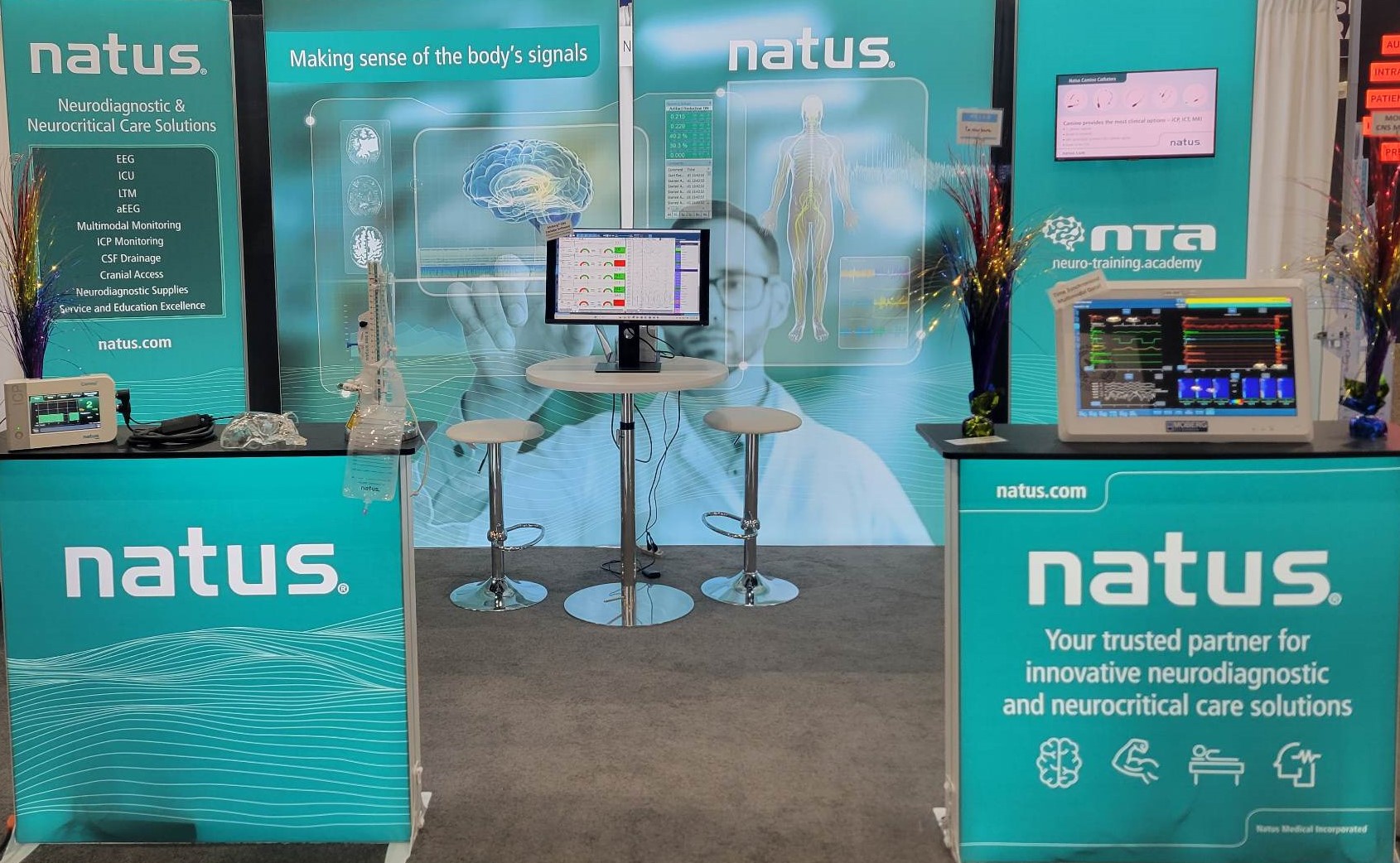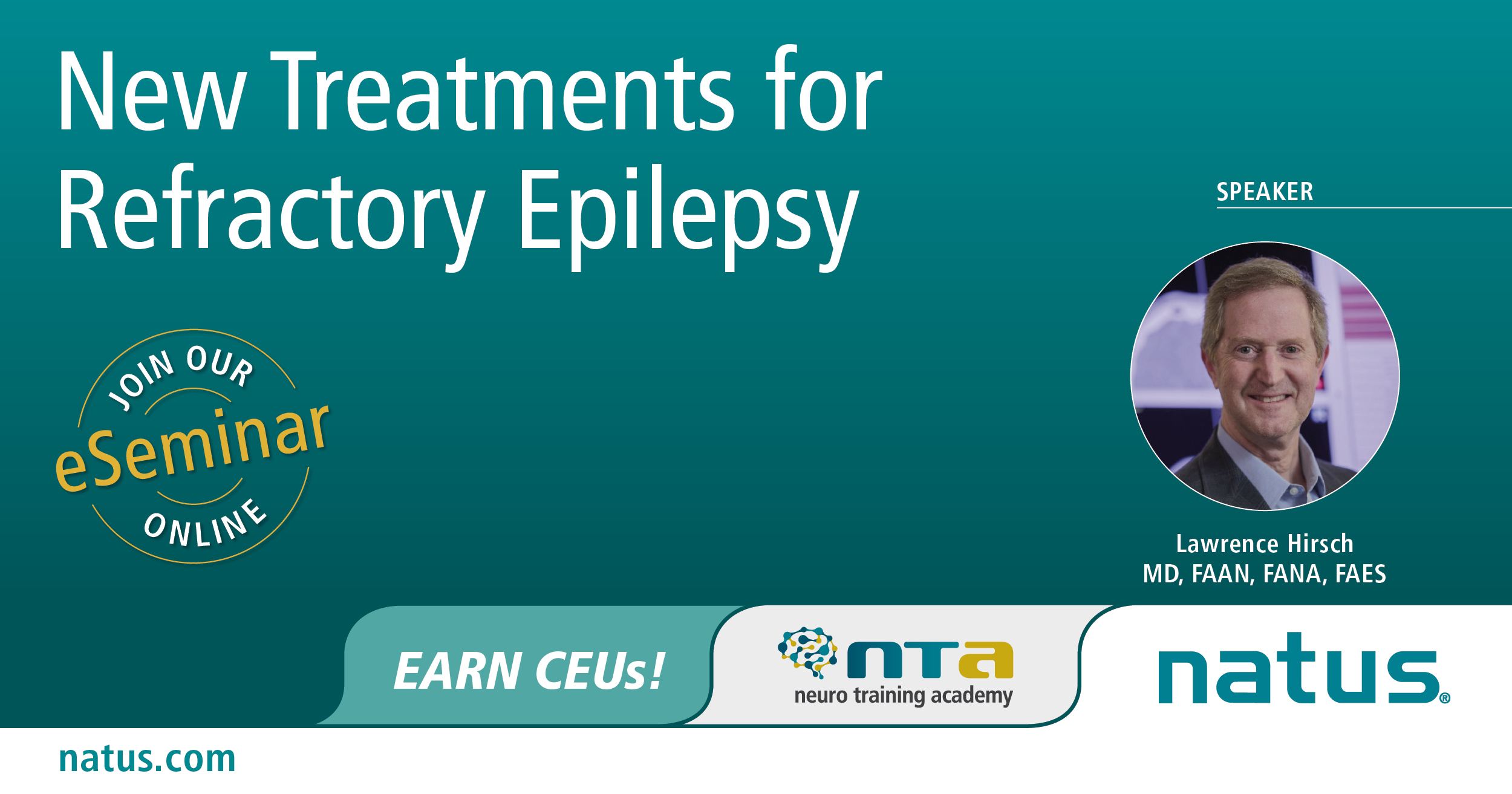There is a close association between sleep and epilepsy. With the introduction of electroecephalography (EEG), sleep is now recognised as consisting of active brain states during which many biological processes occur. These can be broadly divided into two categories: rapid eye movement (REM) sleep and non-REM (NREM) sleep.
A relationship between epilepsy syndromes and sleep is in idiopathic generalised epilepsy syndromes, in which seizures occur shortly after waking. This is especially evident in the myoclonic jerks and tonic–clonic seizures in juvenile myoclonic epilepsy. In some people, seizures can occur exclusively at night and the occurrence of seizures predominantly during sleep is characteristic of specific epilepsy syndromes. These nocturnal seizures are typical of frontal lobe epilepsy, in which seizures usually cluster and can occur many times in a night. Nocturnal seizures occur throughout all stages of NREM sleep and are distributed proportionately, so that they occur more frequently during light stages rather than deep stages.
Excessive daytime somnolence (EDS) is commonplace in patients with epilepsy and has often been attributed to antiepileptic medication or seizures. Also, unrecognised nocturnal seizures can present as daytime somnolence. Did you know the major causes of sleepiness in people with epilepsy are co-morbidities such as periodic limb movements and, in particular, sleep apnea? Importantly, sleep disorders can worsen epilepsy control and treatment of these disorders (e.g. continuous positive airway pressure, CPAP, for sleep apnea can improve epilepsy control. Epilepsy and antiepileptic drugs can disrupt sleep, leading to daytime somnolence. Perhaps one of the greatest challenges is in the diagnosis of nocturnal events, in particular the differentiation of NREM parasomnias from nocturnal seizures. Since the eyewitness accounts of these events are often poor, video-EEG telemetry is frequently required.
This article discusses sleep disorders and the control and treatment of seizures citing how controlling sleep apnea with CPAP can improve epilepsy control whereas treatment with antiepileptic drugs can in fact disrupt sleep and cause excessive daytime sleepiness.
Access the complete article
Download to read the complete article on Continuous EEG Is Associated with Favorable
Hospitalization Outcomes for Critically Ill Patients today.
http://doi.org/10.17925/ENR.2011.06.01.60











